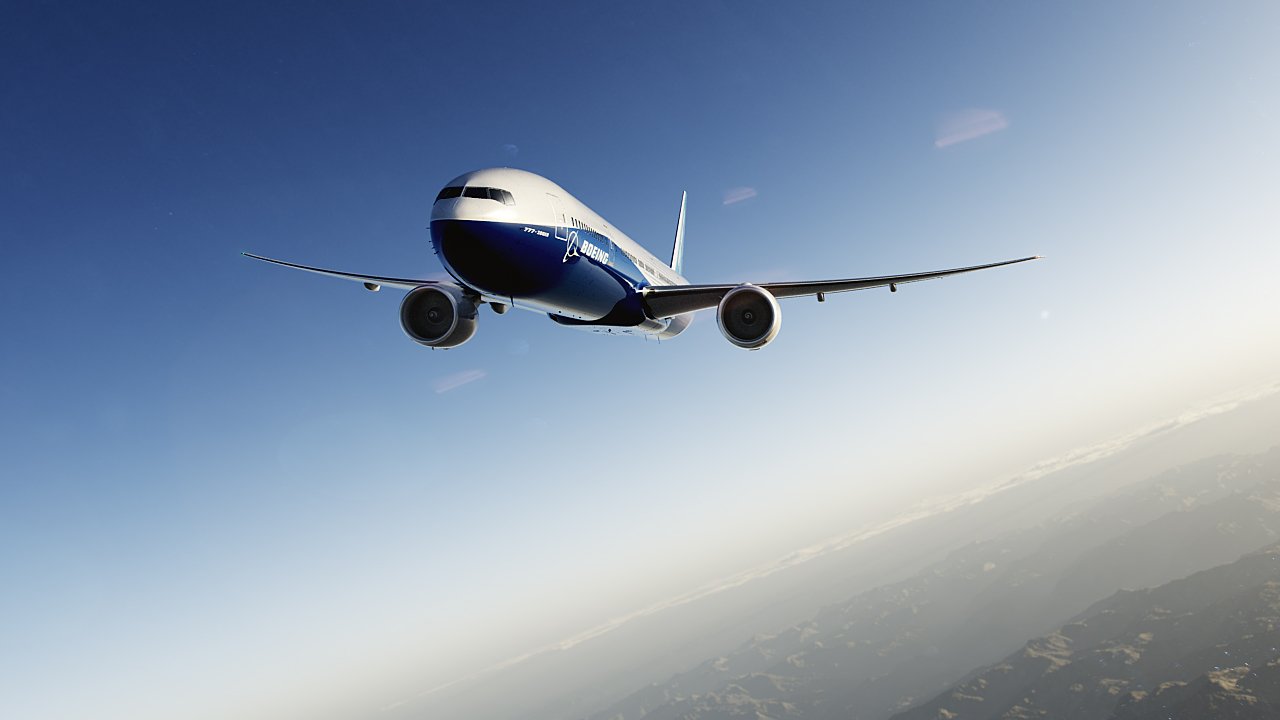How airlines gear up to carry Covid vaccines

Reluctance, moves and strategies of Koreain Air, Air France-KLM and not only to carry anti Covid vaccines. Reuters in-depth analysis
A recent survey conducted by an air cargo association and a group of pharmaceutical freight forwarders found that only 15% of industry participants feel ready to transport cargo near the required -70 degrees centigrade (-94 degrees F). from the Pfizer vaccine, while about 60% could meet Moderna's less stringent -20 ° C requirement.
Typically, airlines use containers with refrigerant materials such as dry ice to transport pharmaceuticals, but some have no temperature controls, making products susceptible to unforeseen events such as flight delays.
Airlines are now considering options ranging from a large plug-in freezer that can cost about as much as a small car to a multilayer container that uses liquid nitrogen to ship vaccines that require deep freezing, Reuters writes.
The potential demand for high-end packaging of this type has helped more than double the shares of container refrigeration specialists such as Cryoport and Germany-based va-Q-tec in recent months.
“With direct contracts with five temperature-controlled container manufacturers, Korean Air has secured sufficient quantities of containers. For now, we are in the process of signing contracts with other container manufacturers, ”a spokesperson for Korean Air said.
Air France-KLM said it is preparing for a test with one of the drug manufacturers – it declined to say which one – which will see the shipment of dummy samples at very low temperatures, likely via Amsterdam's Schiphol Airport.
It will use boxes that will carry up to 5,000 doses each, all cooled by dry ice, said Béatrice Delpuech, Air France-KLM's special cargo manager. Subsequent shipments will also be able to use larger ultra-cold containers hired from va-Q-tec.
“They have to validate the entire supply chain from end to end, including the air freight segment,” Delpuech said. "We have a dedicated task force that goes through every step of the process with all of our teams, to make sure there are no hitches anywhere."
But one difficulty in shipping vaccines is that planes can only carry a limited amount of dry ice – frozen carbon dioxide – which over time turns into gas, displacing breathable air in the cabin.
All widebody aircraft can carry a maximum of about 1 tonne of dry ice in refrigerated, insulated containers, according to a DHL white paper on vaccine transport.
“Depending on the type of aircraft, there are usually no more than a few containers on board at the same time,” said Joachim von Winning, CEO of Air Cargo Community Frankfurt.
For an alternative, Deutsche Post AG used Cyroport's capsule containers, which use liquid nitrogen to keep goods cool down to -150C for up to 10 days to support clinical vaccine trials, said Patricia Cole, head global forwarding company for temperature management solutions. Although this is a relatively small solution, with only hundreds of vials in each container, larger preparations have already begun.
Pfizer, which is working with DHL, FedEx Corp FDX.N, and United Parcel Service Inc UPS.N to distribute vaccines in the United States, said on Monday it has launched a four-state delivery pilot program to help it perfect its national and global shipping plan.
The US drug maker has also developed temperature-controlled, GPS-equipped boxes that use dry ice to keep the vaccine at around -70 ° C for up to 10 days. But cold chain solution providers, such as Sweden's Envirotainer, say so-called active containers, which use electric motors to cool their contents, are safer and cheaper.
An Envirotainer spokesperson said its fleet of temperature-controlled active containers is double that of its competitors and that it is preparing to increase its capacity by 50%.
Va-Q-tec also said it will significantly expand its container fleet in the coming months in anticipation of orders to transport the COVID-19 vaccine. Airlines have become more dependent on freight for revenue this year as passenger numbers plummeted due to travel restrictions due to the pandemic.
According to estimates by Accenture's Seabury Consulting, the introduction of a vaccine worldwide will generate 65,000 tons of air freight, or five times the air vaccine trade in 2019. But airlines believe that the vaccine's potential to enable return to normal travel is the most important thing, KLM CEO Pieter Elbers said at a CAPA Center for Aviation event on 11 November.
“I think that overall, for the whole industry, the vaccine will be much more important than the revenue from freight,” he said.
This is a machine translation from Italian language of a post published on Start Magazine at the URL https://www.startmag.it/smartcity/compagnie-aeree-vaccini-coronavirus-pfizer-moderna/ on Sun, 22 Nov 2020 07:20:28 +0000.
